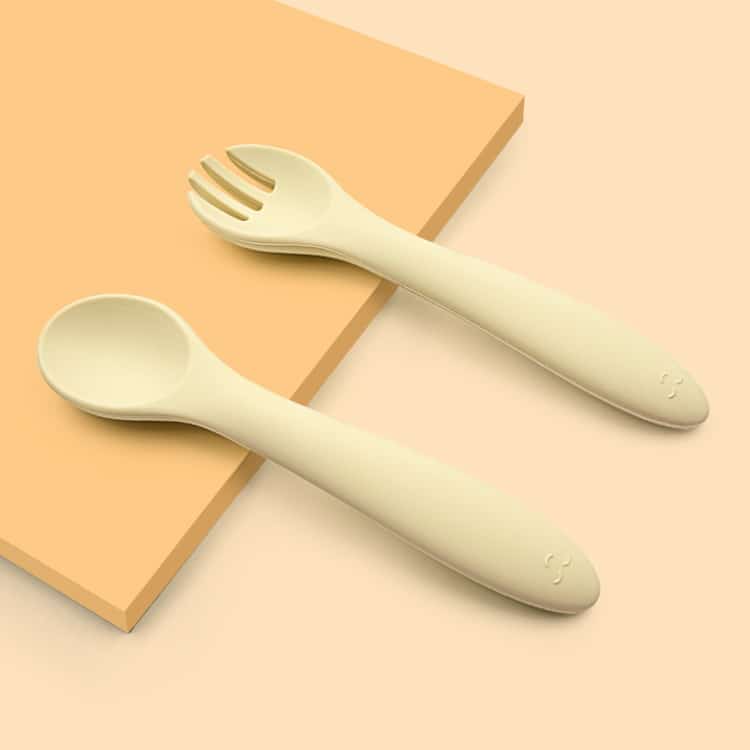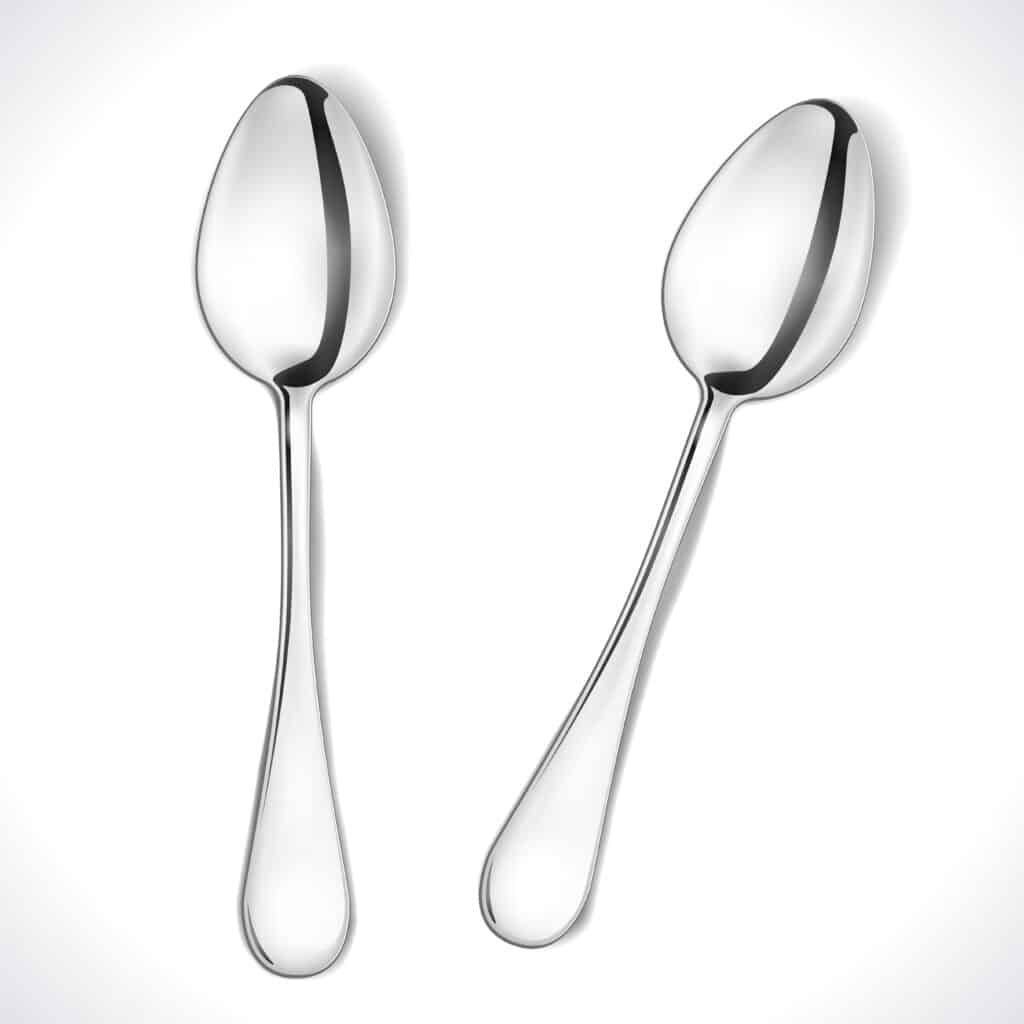Why can’t babies use metal spoons?
Risk to Delicate Mouths
A metal spoon may harm the baby’s mouth. Babies can’t use metal spoons because they are too small and their mouths are too delicate. Metal spoons are also very hard and can hurt a baby’s gums.
Age-Appropriate
Children under the age of one should avoid using a metal spoon because it is not appropriate for them. We recommend using silicone spoons with a BPA-free finish for babies and toddlers. It is easier for babies to grasp these spoons and they will not cause any harm.
Further Reading
Benefits of Silicone Over Metal
When using a silicone spoon, you preload it with your baby and give it to her so she can try it on. Pre-soils for baby-led weaners should be small, lightweight, and easy to grip for babies between the ages of 6 and 9 months. You should not expect your cute baby to be spoon-fed and then use a fork or spoon alone. Because of this, a splat mat can be an important tool. Silicones are a better option than metal or plastic ones due to their low levels of BPA.
No posts
Dangers of Metal Utensils During Illness
It is widely accepted that babies and infants should not be given metal spoons or utensils at the first sign of illness. When they play with spoons, forks, or sporks, they will be in danger of irritating their sensitive gums and developing teeth. It may cause a bruise or a cut, in addition to being uncomfortable. When purchasing metal or silver utensils for babies, the signs to look for should indicate that you’re using metal or silver.
It is safe to use plastic spoons and rubber spoons without fear of overheating or becoming too cold. Do you think babies can accidentally hit themselves? If you have a rubber or plastic tool, use it.
The Challenge of Babies and Solids
Baby Chewing On Metal Spoon, Metal Is Hard for Babies Who Are Just Starting to Eat Solids
When you transition your kids from milk to solid food, they are still trying to learn and get used to the different textures you give them. If you notice, babies will chomp down anything you give them because they can’t tell which is food and which is the spoon. That’s normal for babies, especially when they still can’t use their hands to eat.
Even if these spoons are small and made for kids, chewing on hard metal can be uncomfortable to their gums and teeth. Other situations can lead to cuts and swelling, making your kids feel irritated and lose their appetite.
Weight and Safety Concerns
Metal Utensils Have More Weight Compared to Other Materials
Your kids are starting to grip things but aren’t strong enough to hold heavy objects. It goes the same for their cups, spoons, and forks. They will have a harder time learning how to pick up the spoon and putting food in their mouth if they can’t use it properly in the first place.
If your babies can pick up metal utensils, it can still be dangerous for them. Little kids are playful and like to swing everything they touch. They can accidentally hit themselves in the eyes or the head, not to mention the sharp points of forks. So, it’s better to go with rubber or wooden utensils in the meantime.
Sensitivity to Temperature Extremes
Metal Utensils Are Very Sensitive to Extreme Temperatures. Have you ever experienced putting a spoon in your mouth that’s sitting in a hot bowl of soup?
The experience is painful and very uncomfortable. Some even experience burns on their lips and mouth. Imagine if this situation happens to your kids. It will be a traumatizing experience for them. It will either make them lose interest in mealtime or refuse to use utensils.
Silicone rubber spoon
- Temperature Stability: Silicone spoons maintain their physical properties across a wide temperature range, typically enduring temperatures from -60°C to +200°C.
- Insulation: Silicone is a poor conductor of heat, ensuring the handle remains cool to the touch even when stirring hot foods.
- No Extreme Temperature Retention: Silicone spoons don’t retain extreme temperatures like metal spoons.
You May also like baby forks
No posts




